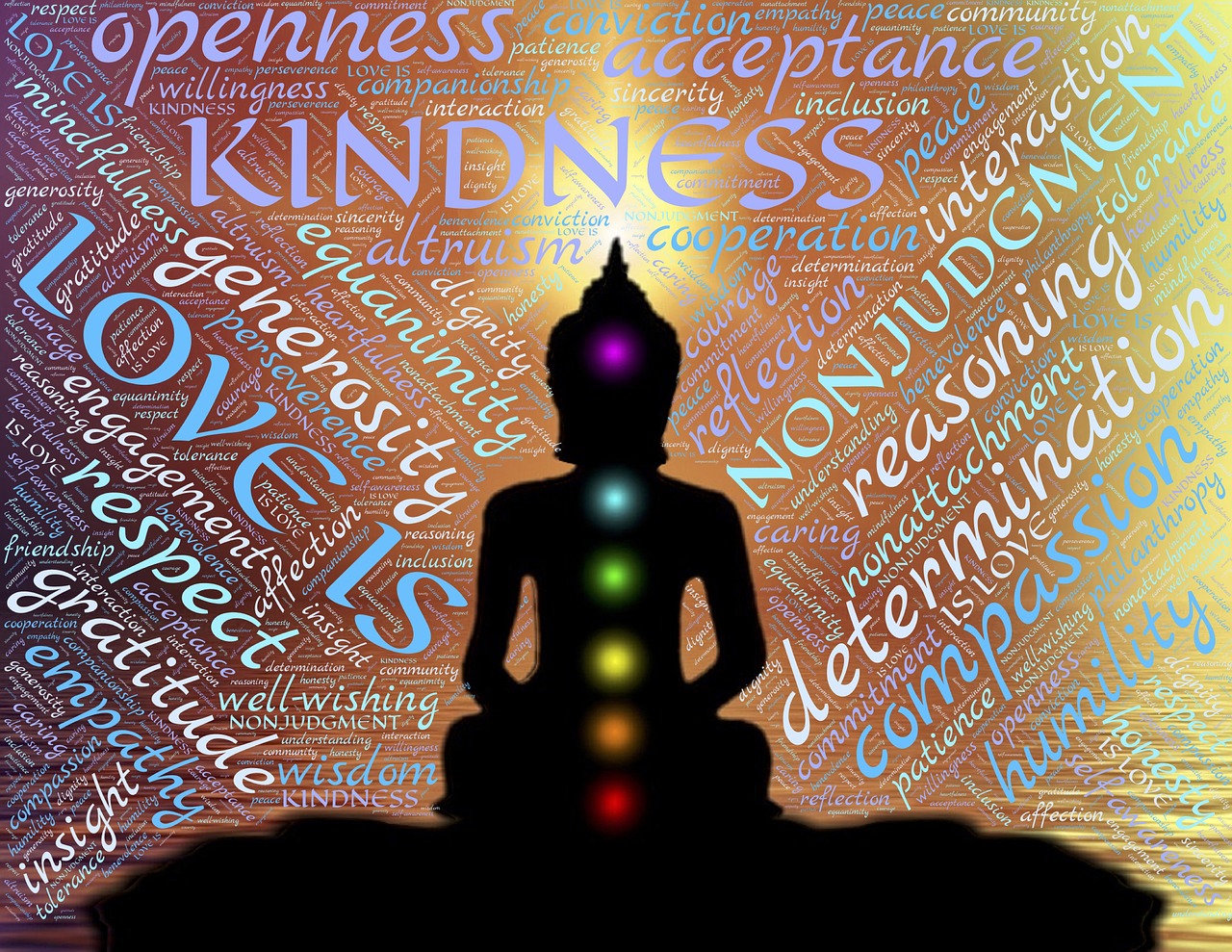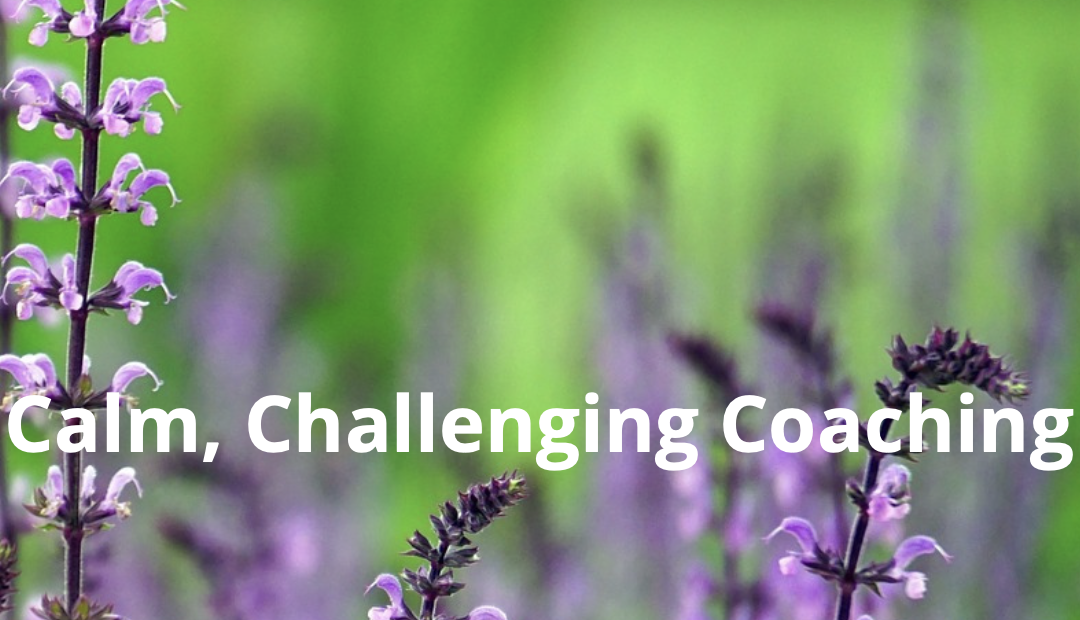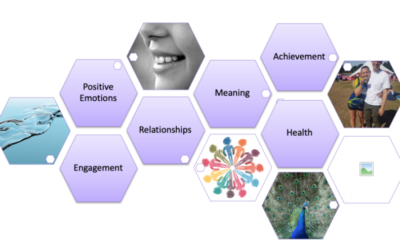
As we near the end of February I wonder how many of you kept your New Year’s Resolutions successfully. Did you manage to change your habits or did your willpower falter in the face of temptation?
A few months ago I wrote about the difficulties in changing habits and the fact that new habits take on average two months to establish. This morning I am sitting at my favourite coffee shop with my black coffee on the table next to me, but there is no cookie, no muffin sitting next to it (and no, that’s not because I have eaten it already). It took some time, but I have broken the habit of always ordering something to eat when I buy my drink and sit down to work, despite the tempting items on offer. However, I have occasionally indulged, sometimes intentionally but sometimes I have sat down at the table wondering how on earth the forbidden item has ended up on my tray. At this point, I have a choice: beat myself up about it and make myself feel bad (in which case I am more likely to comfort eat the muffin), or be kind to myself and know that I am only human, and that occasionally I will make choices or decisions that are not the best, but that this is OK. Incidentally at this point I can also choose to take the cake home for someone else or leave it on the tray.
So what works best at motivating us? Showing compassion to ourselves or being self-critical?
Criticism from others and ourselves has long been used to motivate people towards goals. I can still remember one teacher describing my French class as sledges (going downhill fast was the insinuation) in an attempt to make us pull up our metaphorical socks and make more effort. The actual result was that some students gave up at this point, believing they just weren’t ever going to be good enough, which I am sure wasn’t the original intention of the teacher. Self-criticism has been linked to feelings of shame and guilt along with the fear of losing the approval of others. This in turn, leads many people to procrastinate with the view that, “If I don’t start, I can’t fail”; avoid situations where they may not succeed immediately; and in students, to lowered achievements.
You may think that showing yourself a little compassion is letting yourself off lightly or being self-indulgent, but self-compassion has been shown to be linked to a lower fear of failure; increased resilience; and better coping skills because not succeeding is no longer a source of shame and guilt, but a problem to be solved. Compassion is therefore not a weakness. It is a strength that we should all exercise more.
So how do you start bringing a little self-compassion to your life?
Firstly, remember you are human: you will make mistakes, forget to do things and occasionally not succeed in something first time. Think about what you would say to a friend in the same situation. Now say those things to yourself.
Secondly, look at the situation: Did you fail to resist the double chocolate mocha cheesecake in the café because you missed breakfast? Or did you start an activity so late that you barely managed to finish it on time, if you finished at all? Take the personal aspect out of the situation and think objectively about what needs to change to get a better outcome next time. Taking a learning opportunity from a negative event, can turn it into a positive or neutral one in your mind.
Finally, stop labeling yourself negatively.
You are neither stupid, thick, nor an idiot for not succeeding at something or making a mistake. You are human. After all, Edison didn’t succeed with his ideas for the electric light bulb the first time he tried; and Einstein certainly hit a few walls when working on his theory of relativity; so why should you beat yourself up if you try something new and it doesn’t work immediately, or you make a few stumbles on the way? Take away the lesson of what stopped it happening this time and apply it later, when you try again. Think about how you will feel when you do succeed and keep that feeling in your mind to give you the motivation to go on.








